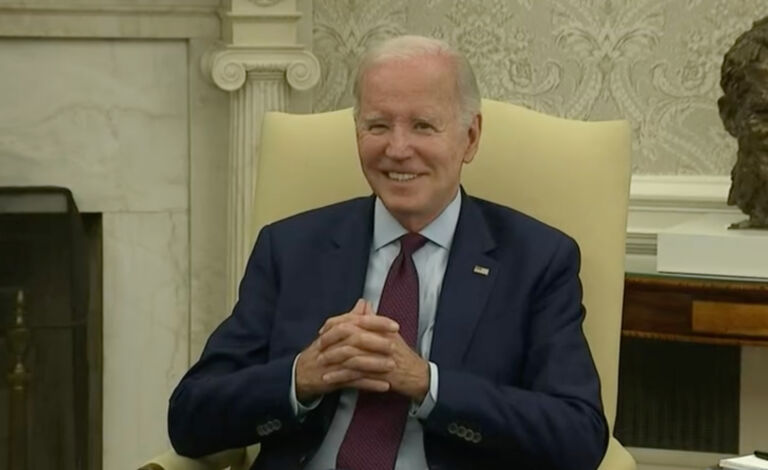Josh Siegel of the Washington Examiner explains how the U.S. Senate could block President Biden on climate policy.
Democrats may struggle to revamp President Joe Biden’s signature climate policy to comply with strict budget rules that govern the reconciliation process, the legislative maneuver they are using to bypass the filibuster.
The Biden administration asserted this week it is committed to passing a clean electricity standard, its signature climate policy, in a Democratic-only infrastructure bill.
The policy is central to achieving Biden’s goal of generating 100% carbon-free power by 2035 and reducing economywide emissions by 50% by 2030.
But Senate procedural experts interviewed by the Washington Examiner are skeptical a clean electricity standard as typically defined could fit the “Byrd rule” that prohibits “extraneous matters” unrelated to the budget to be considered in reconciliation.
A clean electricity standard sets mandated targets for utilities to purchase a certain amount of low-carbon power. The policy ratchets up those targets each year until utilities are buying carbon-free power by a certain date.
“The term ‘clean energy standard’ suggests a regulatory activity, and quite frankly, if it’s purely a regulation requirement that utility companies meet a certain standard, I don’t see how that can possibly be considered under a reconciliation instruction,” said Bill Hoagland, former staff director of the Senate Budget Committee who is now senior vice president at the Bipartisan Policy Center.
Hoagland compared the challenge facing Democrats to the party’s failure to pass a minimum wage hike through reconciliation earlier this year. In February, Senate parliamentarian Elizabeth MacDonough, who would also rule on the fate of a clean electricity standard, rejected Democrats’ attempt to push a minimum wage increase through that process.
“These are starting to stretch the purpose of what reconciliation and the budget process was supposed to do,” Hoagland said.
Indeed, the Byrd rule was approved by the Senate in 1985 to prevent the majority party from ramming through non-budgetary policy that could not otherwise advance normally under regular order.


